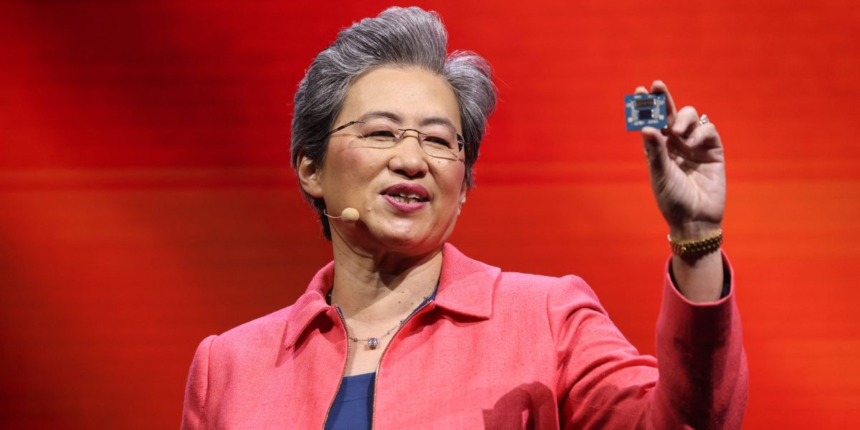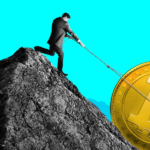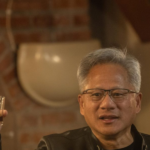The internet followed a similar trajectory. In the late 1990s and early 2000s, it took a conscious effort to use technology and be more productive. Now, it’s almost second nature and woven seamlessly into everyday life.
That’s why the 55-year-old argued that the newest technology—AI—should not be judged by what it is today but by where it’s headed.
“I don’t believe in these cases where you’re not going to need lots and lots of people,” Su said. “Because in the end, people are the judge of what truth is. We’re still hiring more and more engineers, because they’re the final arbiters of our engineering.”
For now, AI mostly clears away mundane tasks. It will become “great,” in Su’s view, when it starts cracking real, hard problems—such as meaningful advances in healthcare, not just productivity tweaks.
Will humanity be able to keep up? Su pointed out to Wired that the same fear was expressed during the industrial revolution—and the world managed to adapt.
“I don’t know. I would bet on humanity being OK.”
Fortune reached out to AMD for comment.
While the pace of AI can feel like it’s headed down a doomsday scenario, the likes of “The Terminator,” Su isn’t alone in leveling that the world isn’t in peril.
“AGI is going to be better at everything than humans, including being a CEO. You really have to imagine that there will be a time where most incompetent CEOs will be replaced.”









